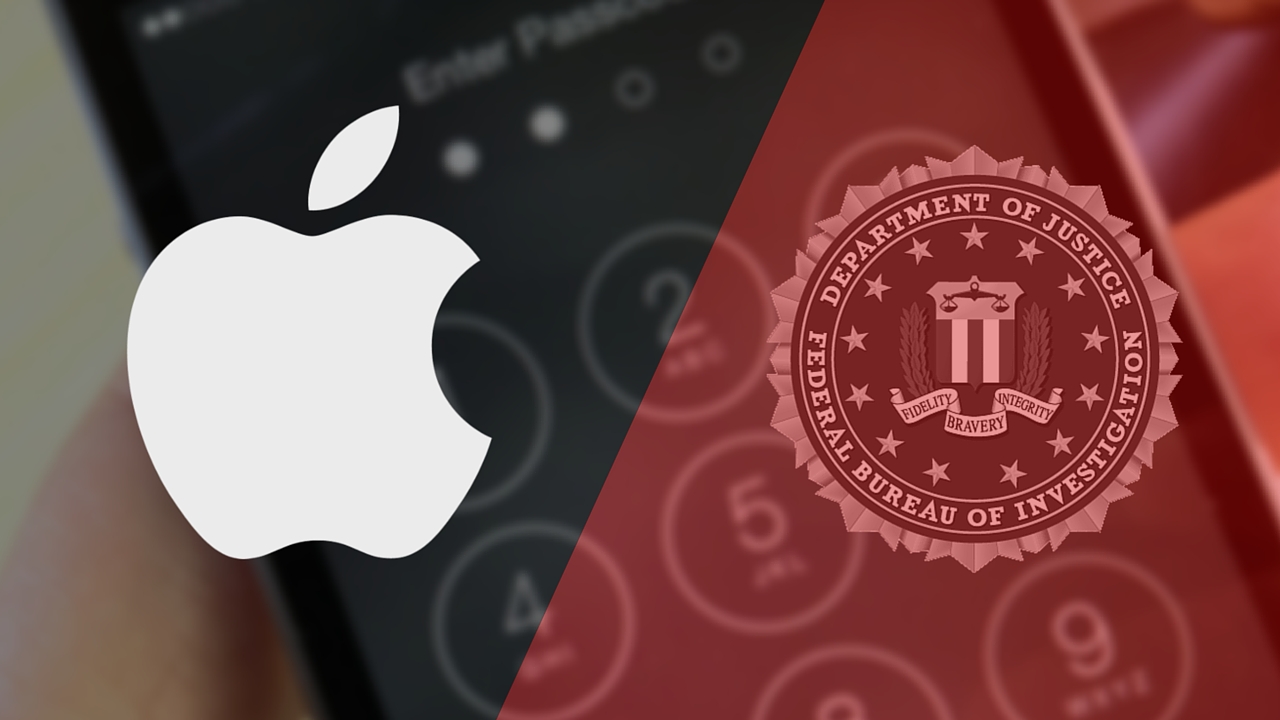In addition to an all-hands memo issued to troops Monday about the government’s demand that it create what would basically be an ‘FBiOS,’ a software backdoor to help unlock San Bernardino shooter’s iPhone, Apple has also posted a public Q&A on its website this morning, showing a company unwavering in its position that fulfilling the request would constitute a dangerous precedent.
Titled “Answers to your questions about Apple and security,” the webpage details the case and provides some more technical information about the government’s request, while also answering some of the burning questions such as whether Apple has unlocked iPhones for law enforcement in the past.
Some of the highlights of the Q&A webpage follow below.
Apple is objecting to the government’s order, arguing that the creation of a unique version of iOS that would bypass security protections on the iPhone Lock screen and let the government brute-force their way into the device electronically over a USB cable or Wi-Fi/Bluetooth, would be wrong because “if we lose control of our data, we put both our privacy and our safety at risk.”
“The passcode lock and requirement for manual entry of the passcode are at the heart of the safeguards we have built in to iOS,” reads the post, adding fulfilling the demand would also set a legal precedent that would “expand the powers of the government and we simply don’t know where that would lead us.”
“Should the government be allowed to order us to create other capabilities for surveillance purposes, such as recording conversations or location tracking? This would set a very dangerous precedent,” argues Apple.
The common argument of the people in the FBI camp is that Apple could build this operating system just once, for this iPhone, and never use it again.
But the technique, once created, could be used over and over again, on any number of devices, said Apple, adding so-called ‘FBiOS’ would be “the equivalent of a master key, capable of opening hundreds of millions of locks.”
“Again, we strongly believe the only way to guarantee that such a powerful tool isn’t abused and doesn’t fall into the wrong hands is to never create it,” reads the post.
Making note of the fact that law enforcement agents have already said they have hundreds of iPhones they want Apple to unlock if the FBI wins this case, the company underscored it hasn’t unlocked iPhones for law enforcement in the past.
“For devices running the iPhone operating systems prior to iOS 8 and under a lawful court order, we have extracted data from an iPhone,” but due to improved security features in iOS 8 or later Apple is “no longer able to use the data extraction process” on these devices.
Responding to the court’s objection that Apple’s position in this case appears to be based on concern for its business model and marketing strategy, Apple said:
Absolutely not. Nothing could be further from the truth. This is and always has been about our customers. We feel strongly that if we were to do what the government has asked of us — to create a backdoor to our products — not only is it unlawful, but it puts the vast majority of good and law abiding citizens, who rely on iPhone to protect their most personal and important data, at risk.
Thus far, Apple has handed over all the data it has about the phone’s owner, including an iCloud backup of the iPhone in question (which is sent and stored on Apple’s servers in an encrypted form). However, that backup is two weeks old and it was discovered that the FBI, performed a password-request on the Apple ID password associated with the phone to get into the iCloud account.
That move has destroyed the chance of obtaining more data by pairing the phone to a previously joined network, which would have triggered an iCloud backup and allowed the FBI to get the data they are now asking for.
“Unfortunately, we learned that while the attacker’s iPhone was in FBI custody the Apple ID password associated with the phone was changed. Changing this password meant the phone could no longer access iCloud services,” writes Apple.
The Q&A wraps up saying Apple believes that the best way forward “would be for the government to withdraw its demands under the All Writs Act” and form a commission to discuss its implications for national security, privacy and personal freedoms.
“Apple would gladly participate in such an effort,” the firm said.
Today’s company-wide memo and the public Q&A follow a message to customers that the company posted last week on its website, signed by Tim Cook.
In it, Apple vehemently opposes the FBI’s request to create a one-off version of iOS with decreased security, arguing that would be creating a backdoor into the iPhone which would undermine everyone’s security.
According to FBI Director James Comey, this isn’t about undermining everyone’s security. Instead, he insisted, the San Bernardino litigation is “about the victims and justice” and “isn’t about trying to set a precedent or send any kind of message.”
Read our recap of last week’s events in the FBI vs. Apple case.
Source: Apple
